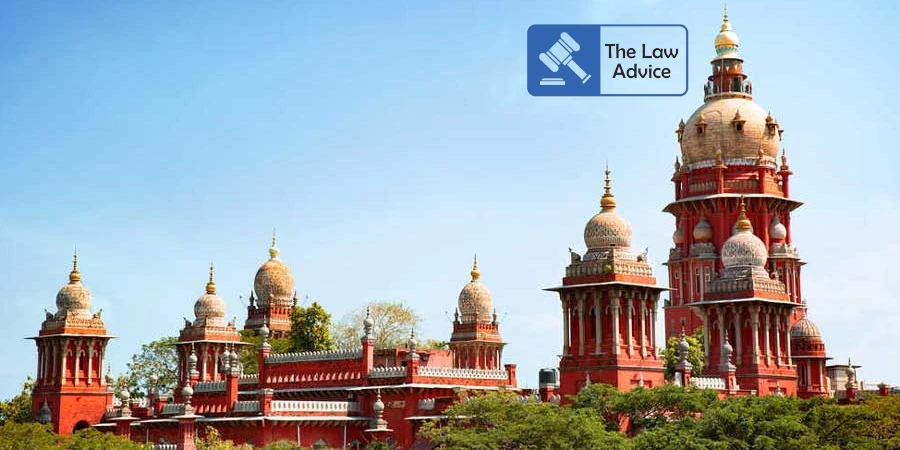
Raising serious concern over growing slander against the judiciary on social media, the Madras High Court has emphasized the need to regulate public discourse in digital spaces.
The Court strongly asserted that personal attacks on judges, especially with caste and communal undertones, threaten the independence of the judiciary and must not be allowed under the garb of free speech.
The ruling came in a contempt-related matter involving Advocate S. Vanchinathan, who was found making repeated social media posts accusing Justice G.R. Swaminathan of caste bias, even after being listed as counsel in a writ appeal before a Division Bench comprising Justices G.R. Swaminathan and K. Rajasekar.
Despite being summoned, Vanchinathan refused to clarify his online allegations and continued to make slanderous statements in public interviews. The Court viewed video recordings in open court where he attributed caste and religious motives to judicial decisions. The Bench subsequently issued a pre-cognizance notice, clarifying that it was unrelated to any pending complaint before the Chief Justice of India.
In a strongly worded order, the Court observed:
“Judicial independence is a basic feature of the Constitution. We judges have taken oath to discharge our duties without fear or favour... There is a Laxman Rekha in public discourse. If crossed, it must invite peril.”
The Court noted that lawyers engaging in such conduct are guilty of professional misconduct, adding that media channels profiting from such attacks must be confronted directly. The Bench expressed disappointment over some retired judges and senior lawyers publicly commenting on pending matters, saying they deserved to be “ignored with the contempt they merit.”
Relying on precedents from the Supreme Court and Kerala High Court, the Bench reiterated that allegations of bias and improper motives undermine judicial integrity and are treated with utmost seriousness—not to shield judges personally, but to uphold public confidence in the judiciary.
The Court also recorded that Vanchinathan had earlier been suspended by the Bar Council of India and continued to conduct himself in a manner unbecoming of a legal professional, even after reinstatement. The judges noted that such repeated vilification of judicial officers amounts to contempt and is not protected under Article 19 of the Constitution.
Addressing reports that the case had been transferred due to public pressure, the Court clarified:
“Our course of action is not dictated by public statements. We are guided strictly by procedural rules, and our orders will reflect that.”
In conclusion, the High Court directed the Registry to place the entire case file before the Chief Justice of the Madras High Court for appropriate action, reaffirming that only the Chief Justice has the authority to decide the future course in such matters.
The Court ended with a firm warning: any attempt—by individuals or media—to undermine the judiciary for personal or political agendas will be dealt with zero tolerance.
Case Title: Dr D Vetrichelvan vs The Tamil University & Ors
Case No.: W.A.(MD) No. 510 of 2023 and C.M.P.(MD) No. 5219 of 2023
Coram: Justice G.R. Swaminathan and Justice K. Rajasekar
Website designed, developed and maintained by webexy